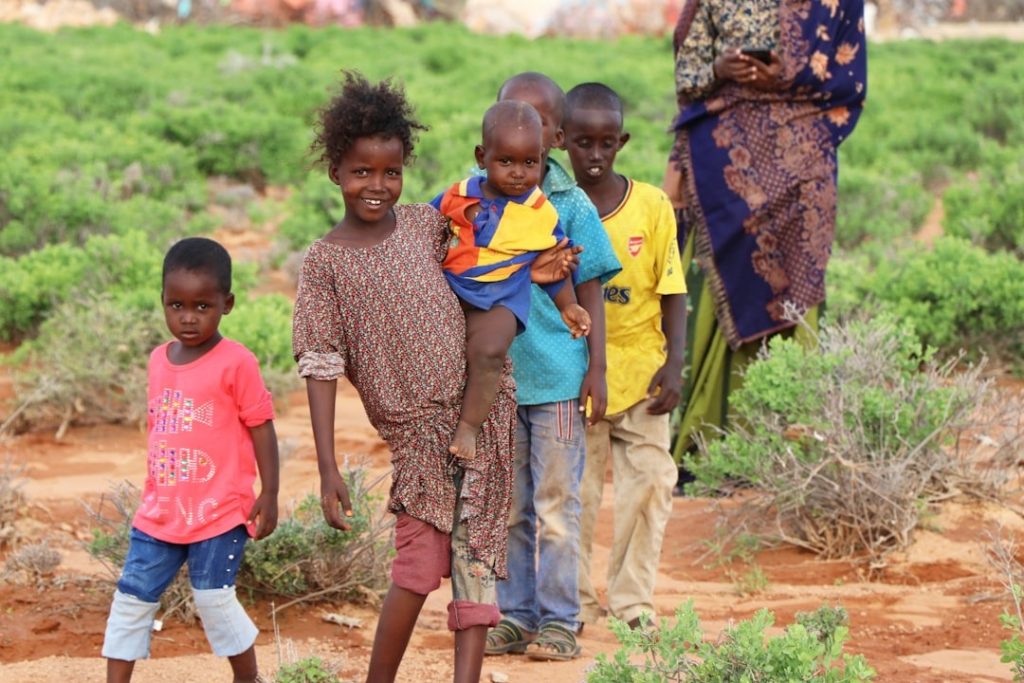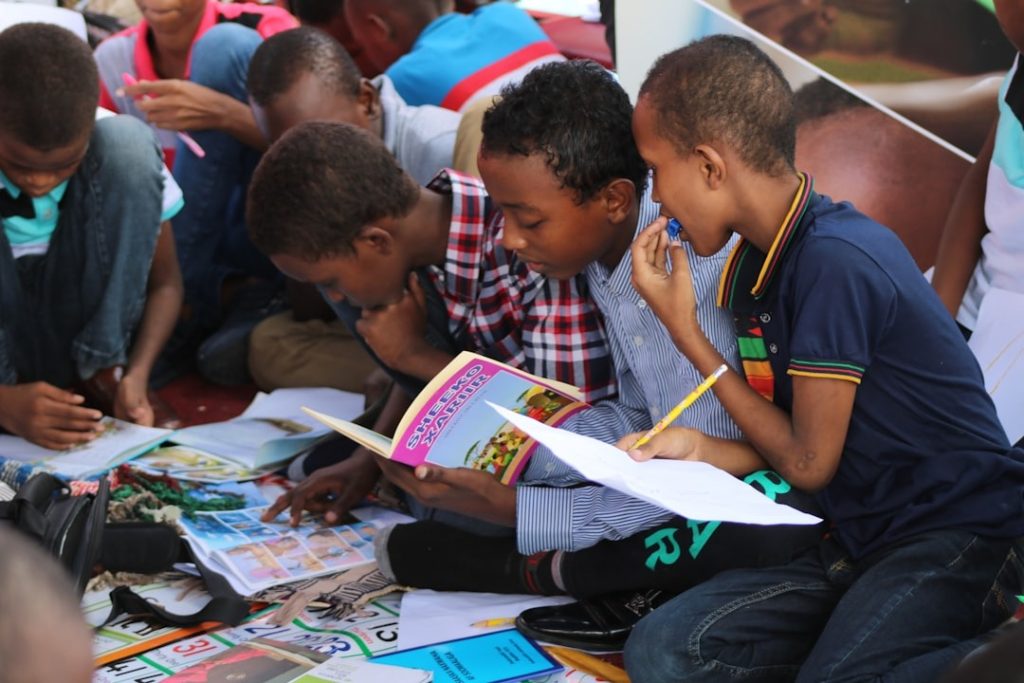In sub-Saharan Africa, 43 million children under the age of 18 have lost one or both parents to AIDS, conflict or other causes.
The issue of orphans and vulnerable children (OVC) continues to be a global plight and mostly affects nations with a high prevalence of HIV/ AIDS.
These children’s wellbeing and development are threatened due to several difficulties, such as poverty, neglect, orphanhood, abuse and malnutrition, among many others
The number of children forcibly displaced from their homes doubled in the last decade, outpacing efforts to include and protect refugee and internally displaced children.
According to the report released by the African Committee of Experts on the Rights and Welfare of the Child, part of the African Union in 10th November 2023, there are an estimated 35 million children are without parental care in Africa
The study indicates that a considerable number of African countries do not explicitly include provisions for the protection and care of children without parental care (CWPC). More than 70% of countries in various regions of Africa lack explicit comprehensive child protection policy frameworks and guidance.
Conflict, poverty, disease and natural disasters have resulted in displacement and deaths and are giving rise to a massive generation of orphans in Sub-Saharan Africa. The region currently has about 12 million orphans, most under the age of fifteen
These factors are also contributing to the ever-increasing number of street children in Sub-Saharan Africa. Until the primary factors contributing to this issue decline, the number of orphans in Africa will remain high. Street children face daily and sustained challenges as they struggle to obtain even the most basic needs and due rights.
Unlike other children their age, street children lack access to essential services such as education, healthcare and are more susceptible to prevalent social and health problems. They experience higher rates of STIs, HIV/AIDS, unwanted pregnancies, violence, suicide, and child trafficking.
According to a UN report, children in street situations are deprived of many of their rights both before and during their time on the streets.
Coping with the risks, and consequences of orphan-hood, poses immense problems: resources are limited, communities are being overwhelmed, and the realization of international development goals is being threatened.
ASF mobilizes support from friends and allies to take care of their basic needs of orphaned or abandoned children, by providing them with a safe, loving home with access to food, clean water, healthcare, counselling, and education
Supporting vulnerable children and young people empowers them to overcome adversity, develop resilience, and achieve their full potential In supporting vulnerable children from poor house-holds across Africa, ASF’s initiatives focus on education, mental health support, safe shelter and skill-building.
ASF works to ensure children remain healthy, safe, stable schooled and are ultimately equipped with the tools and confidence necessary to navigate life successfully.
ASF will seek to mobilize as many stakeholders as possible to create a movement to protect vulnerable children and orphans against drug abuse and mental health-related issues.




